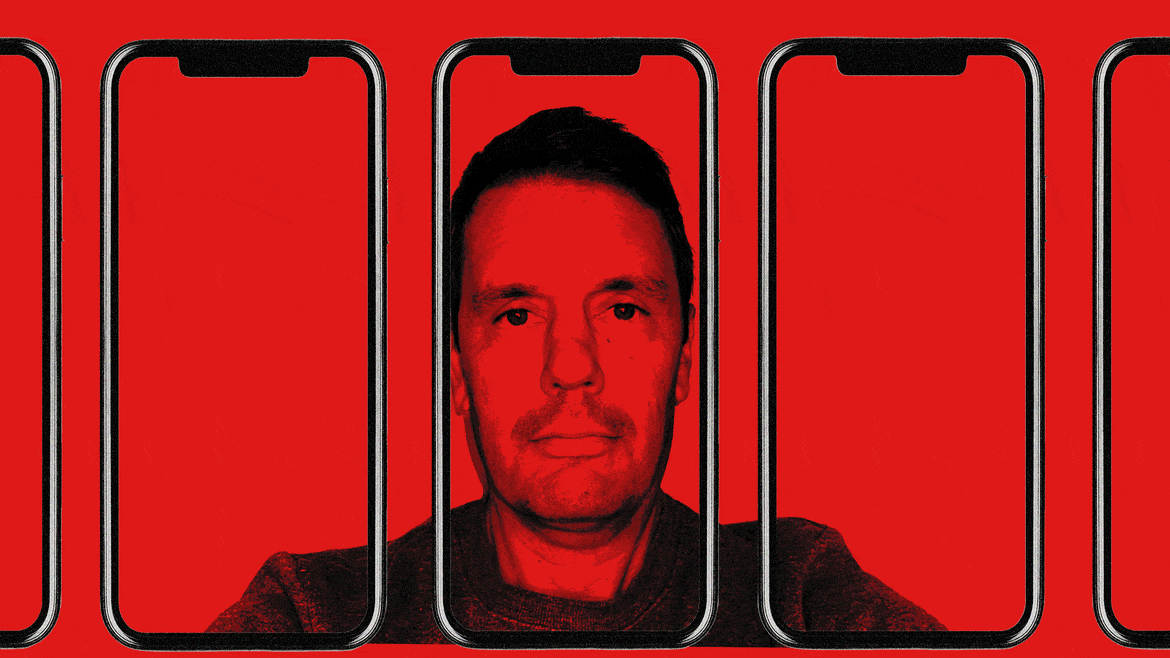How Your Phone Screen Might Be Causing You to Age Faster

We hate to say this… but the way you’re reading this article might be making you older.
That’s the latest takeaway from researchers at Oregon State University, who found that blue light from digital LED screens accelerated the aging process in fruit flies. In a paper published Wednesday in the journal Frontiers in Aging, the study suggested that the light altered levels of metabolites—a chemical used to keep cells working correctly—in the insects.
This means blue light could be aging humans more quickly too.
“LEDs have become the main illumination in display screens such as phones, desktops and TVs, as well as ambient lighting, so humans in advanced societies are exposed to blue light through LED lighting during most of their waking hours,” Jadwiga Giebultowicz, an integrative biologist at OSU and co-author of this study, said in a statement seen by The Daily Beast.
Scientists De-Aged a Woman’s Skin Cells by 30 Years
She added, “The signaling chemicals in the cells of flies and humans are the same, so there is potential for negative effects of blue light on humans.”
In fruit flies, the blue light appears to specifically spike a chemical called metabolite succinate, which helps produce energy (known as ATP) for cells to grow and function normally. It also lowered levels of a molecule known as glutamate, which allow neurons to effectively communicate with one another.
“ATP is known to be reduced in the normal aging process and here we see that it’s reduced in young flies exposed to blue light,” Jun Yang, an integrative biologist at OSU and lead author of the paper, told The Daily Beast. “Secondly, brain neurodegeneration, characteristic of old age, is also observed in flies exposed to blue light. Together, these data suggest that blue light accelerates aging processes.”
However, the findings aren’t conclusive and “future research needs to address” if and how blue light is impacting the cells, Yang said. She added that the light used on the fruit flies was “fairly strong” in order to understand the mechanisms of its effects.
Jeff Bezos Wants to Stop Aging. What Does That Even Mean?
“Humans are exposed to less intense light, so cellular damage may be less dramatic,” Yang explained. “Research on cultured human cells will be required to establish whether blue light exposure causes similar changes in metabolites.”
For now, the team recommends that humans cut down on their blue light exposure as much as possible in order to stay healthy—or at least looking young. Yang says that this can be achieved by shortening screen time, dimming ambient lights, using screen protectors, and using the night setting on your screen devices.
“It is difficult to develop recommendations for a healthy amount of screen time without research on human cells,” Yang said. “However, our data suggest that reducing blue light emitted from screens is more important than limiting screen time.”
Got a tip? Send it to The Daily Beast here
Get the Daily Beast's biggest scoops and scandals delivered right to your inbox. Sign up now.
Stay informed and gain unlimited access to the Daily Beast's unmatched reporting. Subscribe now.

